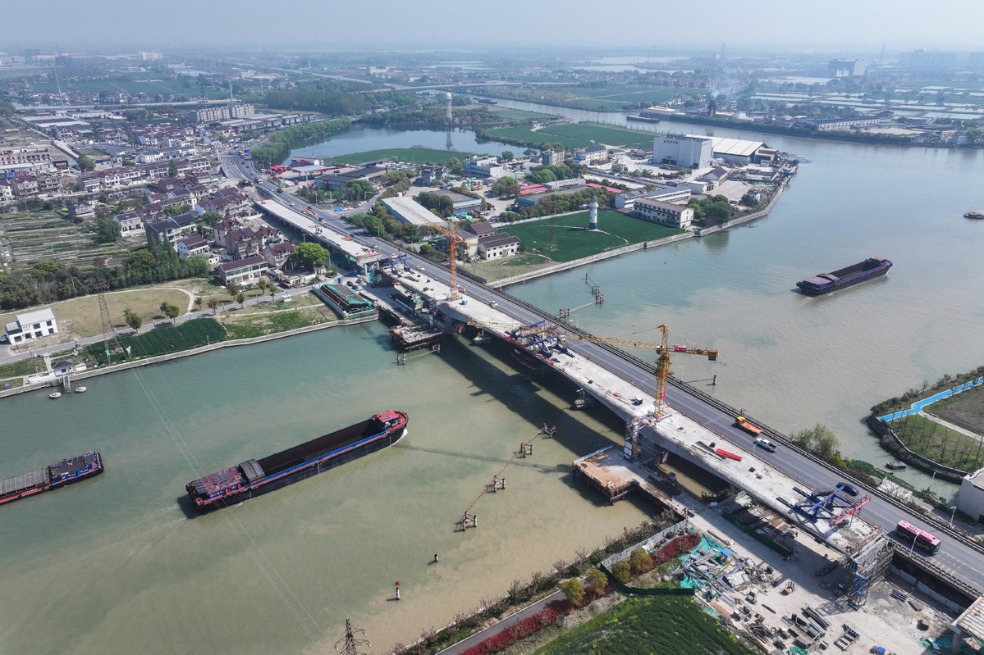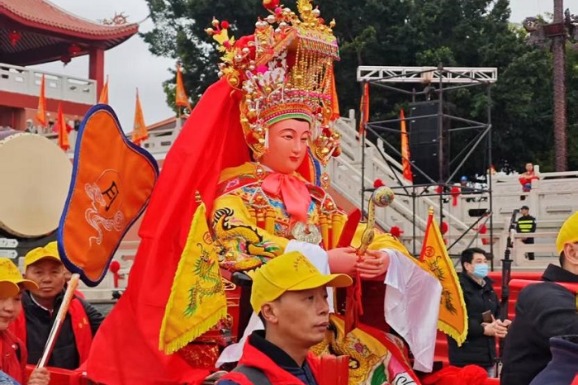17 cave tombs of early humans discovered in Southwest China

KUNMING - Archaeologists in Southwest China's Yunnan province said Wednesday that they had discovered 17 cave tombs dating back thousands of years.
The tomb group is believed to be the main part of an 1,500-square-meter cave site found last September in Zheka village, Wenshan Zhuang and Miao autonomous prefecture in Yunnan, according to the provincial institute of cultural relics and archaeology.
Researchers with the institute said that the tombs were the oldest and largest known ones of their kind in the province.
The cave tombs are earth pits with well preserved human skeletons in various burial forms including extended and flexed burials. Some tombs with disordered bones may have been robbed.
A batch of cultural relics including pottery, stoneware, and spinning wheels were unearthed in the tombs.
Researchers estimate that the cave site was created between the late Neolithic age and the Bronze age.
The findings will further research on the human activity and burial customs of early Chinese.
- China launches giant tunnel boring machine for Yangtze River project
- Chinese company produces life-saving blood protein from rice
- First postgraduate Tibetan medicine textbooks released
- 346 generative AI services filed with Cyberspace Administration of China
- Fire at Hebei nursing home claims 20 lives
- Minivan crash kills 5, injures 8 in Southwest China




































